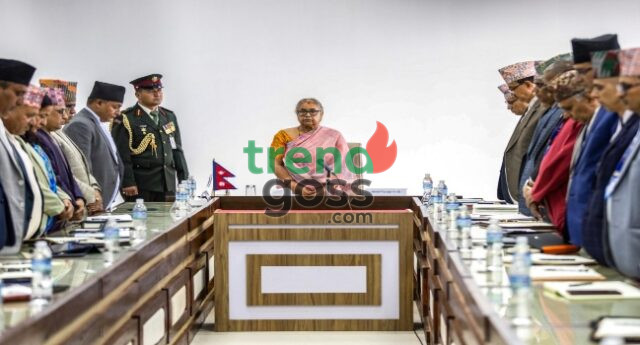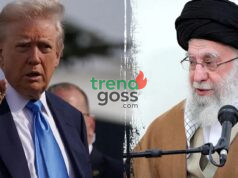Nepal’s new leader, Sushila Karki, vowed on Sunday to address the demands of protesters calling for an end to corruption as she commenced her role as interim prime minister. Her appointment follows the ousting of her predecessor amid widespread demonstrations led by the youth.
Karki, a 73-year-old former chief justice, is now tasked with restoring order and fulfilling the protesters’ calls for a corruption-free future ahead of elections scheduled in six months.
The protests, ignited by a ban on social media and exacerbated by ongoing economic struggles, began on Monday and escalated rapidly, resulting in the burning of parliament and key government buildings.
“We have to work according to the thinking of the Gen Z generation,” Karki stated in her first public remarks since taking office on Friday.
According to the World Bank, a fifth of Nepal’s youth aged 15 to 24 are unemployed, with the GDP per capita at just $1,447 in the Himalayan nation of 30 million people. Karki acknowledged the demands of the youth, emphasizing the need for good governance and economic equality.
During a minute of silence for those killed in the unrest, Karki began her meetings at the Singha Durbar government complex, where several buildings were set ablaze during the protests. At least 72 people have died and 191 have been injured, according to chief secretary Eaknarayan Aryal, marking the worst unrest since the end of the civil war in 2008.
Karki’s appointment followed intense negotiations involving army chief General Ashok Raj Sigdel and President Ram Chandra Paudel, as well as representatives from the youth protest movement. Thousands of young activists had utilized the Discord app to nominate Karki as their preferred leader.
“The situation that I have come into, I have not wished to come here. My name was brought from the streets,” Karki remarked.
With parliament dissolved and elections set for March 5, 2026, Karki assured the nation, “We will not stay here more than six months in any situation; we will complete our responsibilities and pledge to hand over to the next parliament and ministers.”
Ordinary Nepalis expressed hope for change but acknowledged the significant challenges ahead. Grocery shopkeeper Satya Narayan, 69, from Pharping village, noted, “This government’s list of responsibilities and issues to address isn’t easy. It also needs to ensure unity and harmony in the country by taking all sections along.”
President Paudel, who swore Karki into office, stated that “a peaceful solution has been found through a difficult process.” Following the protests, soldiers have reduced their presence on the streets, although over 12,500 prisoners who escaped during the chaos remain at large, presenting a security challenge.

Regional leaders, including India and China, have congratulated Karki. Indian Prime Minister Narendra Modi expressed support for “peace, progress and prosperity” in Nepal, while China’s foreign ministry expressed a desire to strengthen China-Nepal relations.
In a show of goodwill, the Dalai Lama, the exiled Tibetan spiritual leader, wished Karki “every success in fulfilling the hopes and aspirations of the people of Nepal in these challenging times.”
#Nepal #SushilaKarki #Corruption #Protests #GenZ #Governance #EconomicEquality #YouthActivism






